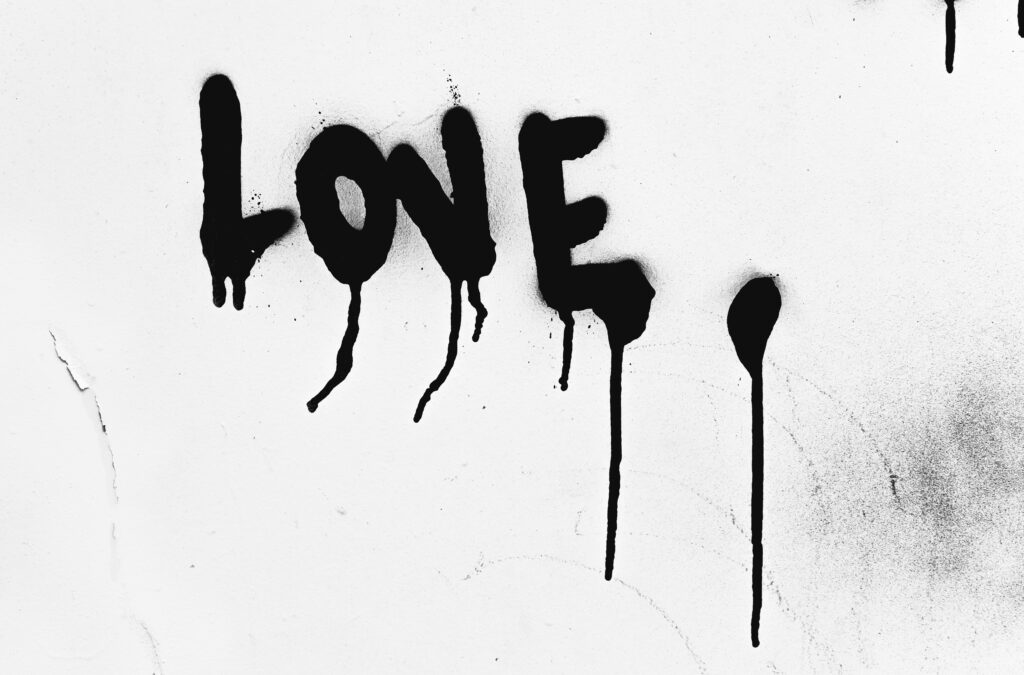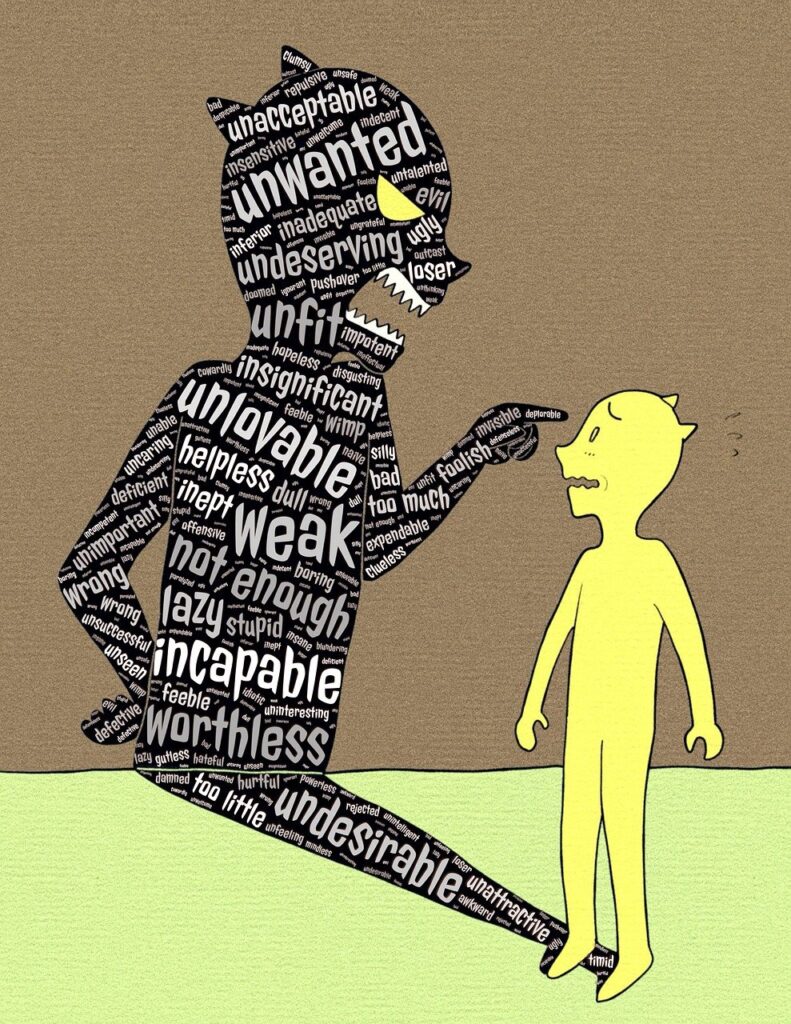By Dr Paula Davis
12 October 2025

“When your heart is broken, you plant seeds in the cracks, and you pray for rain.” ~ Andrea Gibson
“Tis better to have loved and lost than never to have loved at all.” ~ Alfred Lord Tennyson
“My heart no longer felt as if it belonged to me. It now felt as if it had been stolen, torn from my chest by someone who wanted no part of it.” ~ Meredith Taylor, Churning Water
The most important thing in life begins with loving God with all of me. Jesus put this commandment above all the rest: to love the Lord with all of our heart, soul, mind, and strength (Mark 12:30). It’s not just a simple suggestion, it’s foundational. In fact, if we don’t obey this first commandment, we can’t truly obey the others. Loving God is the heartbeat of everything that follows in the Bible.
Why does Jesus start here? Perhaps because loving God with our whole being is the key to everything that comes next. It’s the only way to truly love others, to live in freedom, and to experience the full life that God offers. The commandment itself isn’t complicated, but living it out, really living it, can feel overwhelming. It calls for more than just the occasional prayer or act of worship. It requires our whole self, our passions, prayers, intelligence, and energy. It requires that we love God not just with our emotions but with everything that we are, and everything that we have.
But what happens when our capacity to love is fractured? When betrayal, abandonment, or deep wounding makes it feel risky, even impossible, to love God or others wholeheartedly? This chapter explores what it means to love when you’ve been wounded, and how the first step to healing is taken not by striving harder, but by letting God’s love reach the hidden, hurting places within us.
The Nature of Our Being: Heart, Soul, Mind, and Strength
I am not a theologian, and I don’t pretend to be, but I do find myself fascinated by how Scripture speaks of us as being more than just bodies. We are spirit, soul, and body (1 Thessalonians 5:23). Jesus invites us to love God with our heart, soul, mind, and strength.
And these are not just metaphorical concepts; they represent different parts of our being. The heart (Greek kardia) represents the centre of our life, where beliefs, emotions, and thoughts all converge. The soul (psyche) speaks to our will and emotions, the mind (dianoia) refers to our thoughts and logic, and strength (ischys) encompasses our physical power, energy, and abilities (Bible Hub, n.d.). We are complex beings, and to love God with all of ourselves means acknowledging and engaging with every aspect of our humanity.
The Interconnectedness of Body, Soul, Mind, and Spirit
Bodily wounds are often more visible than the hidden pain within, yet both require attention. Physical injuries can lead to infection, disability, or even death if left untreated. Similarly, the soul, mind, and spirit are intricately connected to the body’s functioning. The Apostle Paul’s distinction between the physical and spiritual body highlights the holistic nature of humanity. While the physical body is tangible and visible, the spiritual body, our soul, mind, and spirit, profoundly shapes how we experience life, health, and healing. This interconnectedness means that emotional and spiritual healing can contribute to physical healing, and vice versa.
In Romans 12:1, Paul urges believers to present their bodies as living sacrifices, calling us to a holistic approach to life that honours God with our entire being, body, soul, mind, and spirit. By living in alignment with God’s will, we can cultivate a state of well-being that encompasses every aspect of our being. Similarly, emotional and spiritual wounds can affect our physical health, just as physical wounds can carry spiritual or emotional consequences.
In essence, our body, soul, mind, and spirit are deeply interconnected, and healing in one area can lead to healing in others. This holistic process reflects God’s desire for us to be whole.
Loving God with Everything We Have

Image by Vilma Terezinha de Andrade Vilma from Pixabay
In the Old Testament, the soul represents the entirety of who we are, not just our emotions or our desires. When God created humanity, He formed us from the dust and breathed life into us, making us living souls (Genesis 2:7). This deep, all-encompassing love He calls us to isn’t just for one area of our lives, it’s meant to touch every part. It’s meant to overflow into our families, our possessions, our work, our relationships, and even our digital lives. God wants us to love Him with everything we are and everything we have.
This truth is repeated throughout Scripture: God desires a love that flows from the core of who we are, a love that’s authentic, sacrificial, and fully surrendered. It’s not enough to love God with our hearts alone; our strength, minds, and very lives must also reflect this love.
The Struggle to Love
And yet, I confess, I often feel overwhelmed by this command. It seems impossible to love God with everything I have when my capacity for love is so broken. From the very beginning, my ability to love, truly love, has been marred by wounds. I struggle to let love in, and I often fail to love others as I should. I know I’m not alone in this. It seems that we all bear the scars of a broken world.
Perhaps that’s why Jesus’ command feels so difficult. Love has been distorted for me by hurt, betrayal, and loss. But Jesus doesn’t leave us in our brokenness. He offers us the gift of spiritual transformation. He invites us to bring our brokenness to Him so that He can heal us and restore our capacity to love.
The Second Most Important Thing: Loving Others
The second most important thing, according to Jesus, is to “love your neighbor as yourself” (Mark 12:31). In many ways, this feels just as difficult, if not more so, than loving God. It’s easy to talk about loving others, but when we struggle to love ourselves, how can we love others well? How can we offer something we haven’t yet received?
I believe the key lies in understanding that we are loved first. As 1 John 4:19 (MSG) reminds us, “First, we were loved, now we love. He loved us first.” Our capacity to love others is rooted in the deep, unconditional love of God that has already been poured out on us. When we grasp how deeply we are loved by our Creator, it empowers us to love others with the same grace and kindness.
The Power of Early Memories
Our earliest memories often shape the way we relate to God, to others, and even to ourselves. I remember one of my earliest experiences from kindergarten. We were supposed to bring a handkerchief to school each day. One day, I forgot mine. I was devastated. I began crying and couldn’t stop, even though it seemed like such a small thing. It felt like the weight of the world had come crashing down on me.
Looking back, I realize that this small moment was one of the first experiences that shaped my sense of self-worth. I internalized shame from an early age, believing that if I didn’t measure up or meet expectations, I wasn’t lovable or worthy of care.
Shame is a Bully

The lies I began telling myself in those early years were powerful: I’m too much and not enough at the same time. If people really knew me, they wouldn’t accept me. These lies were a way of shielding myself from the pain of rejection, but they didn’t protect me. They kept me trapped in a cycle of shame, and as Proverbs 13:12 says, “Hope deferred makes the heart sick.” It’s no wonder I struggled with loving myself. How could I, when I believed the lies that I wasn’t worthy?
I escaped into my own fantasy world, one where I could pretend the hurt wasn’t there. But over time, I came to realize that those fantasies didn’t heal me. They only kept me disconnected from my true self and from God’s love.
A Spiritual Transformation
At twenty-eight, I went through an emotional breakdown. Looking back, I can now see that what truly broke was not just my emotional stability, but my illusions. I had been trying to fix myself, to mask the hurt, to find healing on my own. But I couldn’t. As Brené Brown (2013) wisely puts it, what I experienced wasn’t just a breakdown, it was a spiritual transformation.
Spiritual transformation isn’t about trying harder or doing more; it’s about letting go of the illusions that we can fix ourselves and allowing God to do the healing. It requires vulnerability, courage to name the wounds, to confront the lies, and to invite God’s love into the darkest places of our hearts.
Healing isn’t quick or easy, but it is possible. And it starts with embracing God’s love for us, love that is not based on our performance or worthiness but on His grace.
Closing Thoughts
As I continue on this journey, I’ve learned that love is the key to transformation. It’s not about trying harder; it’s about surrendering more deeply. It’s about accepting the love God has for us, even when we don’t feel worthy, and letting that love change us from the inside out.
A threshold is crossed when we say yes to love, again and again. When we allow God’s love to rewrite the story that we’ve been telling ourselves. And when we surrender our shame, the love of God rises and transforms us, making us whole again.
Love is the way home.
But love doesn’t only touch the heart, the mind, or the soul, it reaches all the way into our bodies. For many of us, trauma has not only left emotional and spiritual scars but physical ones too. Our bodies remember what our minds try to forget. They hold pain, tension, and sometimes deep shame.
As we continue this journey of healing, we now turn to the wounds carried in our physical selves, the places where trauma, illness, or chronic stress have left their mark. What does it mean to care for a body that has been hurt or betrayed? How do we begin to listen to the wisdom of our bodies, rather than silencing them with busyness, fear, or disconnection?
In the next blog, we’ll explore how God meets us in our physical pain, how healing can be both spiritual and embodied, and how, through honouring our bodies, we learn to live more fully, more freely, in the grace we’ve been given.
Declarations
• I declare that God’s love is greater than my wounds. • His grace is rewriting every story shaped by shame and fear. • I am being healed and transformed as I learn to love God with all my heart, soul, mind, and strength. • My past does not define me; God’s love restores my identity and renews my capacity to give and receive love. • I am no longer bound by the lies of unworthiness; I am deeply known, fully accepted, and fiercely loved by God. • Love is my calling, my healing, and my home. • I will walk in it, even when it costs me, because love never fails.
Prayer
Lord God, You see every wound I carry; those hidden deep within and those that still ache with memory. You call me to love You with all my heart, soul, mind, and strength, yet so often, I feel too broken to respond. So I come to You, just as I am. Heal the places where love has been distorted by pain. Restore what has been stolen by shame. Teach me to trust again, to open my heart fully, and to live as one who is deeply loved. I surrender the lies I’ve believed and the masks I’ve worn. Fill me with Your Spirit and transform me from the inside out. Let Your love be the foundation of my life and the overflow of my heart. Make me whole, O God, and help me to love as You love. In Jesus’ name, Amen.
Refection Questions
What has love looked like for me in seasons of pain or brokenness?
In what areas of my life do I find it hardest to receive God’s love fully?
How have my wounds shaped the way I love others, or the way I protect myself from love?
What does it mean to me that love doesn’t erase my history but rewrites my story?
Where might God be inviting me to show up with gentleness, for myself, for someone else, or for Him?
What does it look like, in this season, to say ‘yes’ to love, especially when it’s hard?
Journal Prompt
Write or draw a short prayer or reflection: Where is God inviting me to say yes to love today, even in the places that still feel wounded or hard to reach? Let your pen move without censoring. See what flows out.
About the Author

Dr. Paula Davis, a clinical counsellor , supervisor and educator with three advanced degrees, specialises in trauma counselling, and before she retired, was a senior lecturer in counselling, designing and delivering curricula. Her book, “Eating Water, Drinking Soup: Finding Nourishment in the Deepest Pain” is available on request. With her husband, she delivers marriage programs internationally. In 2021, they published “A Safe Place: A Marriage Enrichment Resource Manual” available on online bookstores. Paula has published articles in peer-reviewed journals and speaks at conferences and venues in Australia and internationally.

